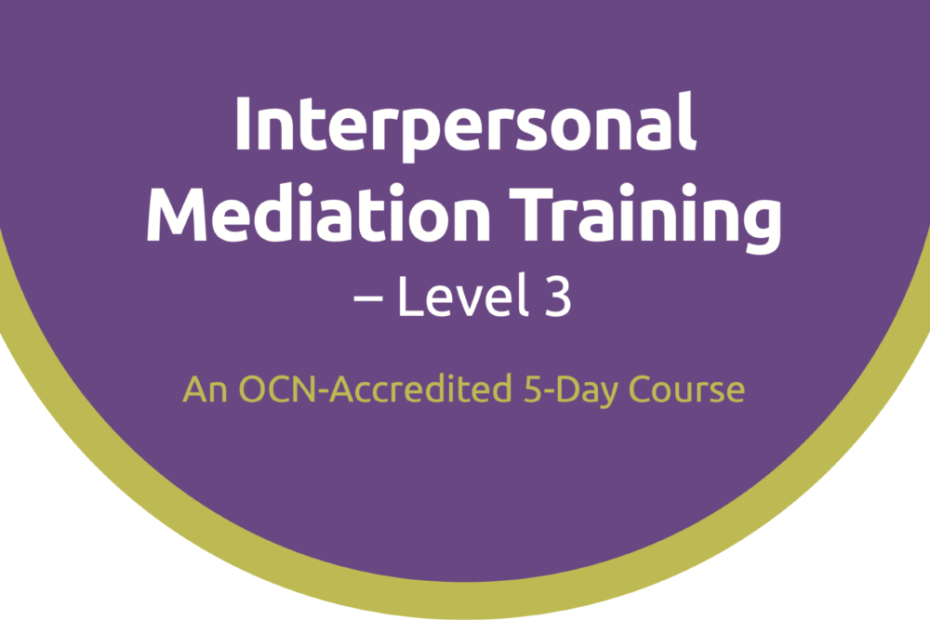kWe’ve previously shared quite a lot of overview-style content about our OCN-accredited training. Then, Interpersonal Mediation Training – Level 3 course in the form of leaflets, social media posts and on our mediation training courses webpage. Now we will look deeper at this course to show potential participants the true breadth and depth of what we cover over the 5 training days.
This is a fairly intense and thorough course. All successful participants leave us with their OCNLR Level 3 in Mediation Theory and Practice accreditation, which Ofqual regulates.
Additionally, this is also the course for people wanting to become accredited mediators. For this reason, there’s a lot that we need to go through to get you into that position in just 5 days.
About OCN London
OCN London is a national, awarding organisation that creates and awards qualifications to educators, training providers, charities and employers. OCN London transform lives through learning.
Its mission is to help people, whatever their educational background, benefit from learning to realise their potential and achieve their goals. OCN London is a non-profit organisation.
Interpersonal Mediation Training Course
The course fundamentally covers these topics:
- Conflict theory and mediation
- Facilitating a mediation
- Using people skills in the mediation process
We do this by working through the following sections:
- Conflict Theory
- An Overview of Mediation and the Mediator
- Principles of Mediation
- Mediation Skills
- Initial Sessions
- Joint Mediation Meeting
These are all in-depth sections of the course, with each containing between 4-14 individual learning modules.
To support your learning we provide each participant with a 75-page workbook to guide you through each section and to provide additional learning resources and tools. You will also get a 28-page portfolio for you to use to complete your work by filling in all the sections as you progress through the course.
Achieving your qualification
We want you to leave the course with a full understanding of the mediation process, the principles of mediation, the skills mediators use, and practical experience. You will also understand what conflict looks like as we explore that in detail.
The practical elements of the course come in the form of role play assessments and they’re towards the end of the training once we’ve covered the majority of the core content.
It’s important that you:
- Attend all taught lessons
- Compete learner logs
- Complete course commentary
- Complete set homework
- Complete written case study
- Complete assessed role plays
Learners need to achieve 15 credits for their OCN London accreditation. We use the following framework to assess this:
- Unit 1 (3 credits) – Conflict Theory in Mediation
- Unit 2 (3 credits) – Facilitating Mediation
- Unit 3 (2 credits) – Using People Skills in the Mediation Process
- Unit 4 (3 credits) – Understanding the Transformative Approach to Mediation
- Unit 5 (4 credits) – Community Mediation or Workplace Mediation Learning objectives for all units must be met to receive OCN accreditation
Additional insights
That covers the overall design of the course, what the benefits of completing it are, and its depth.
Now, we’re going to share extracts from the workbook from some of the opening sections of the course to give you a feel for the content at a more granular level. Consider this a sneak-peak of what we cover in some of the opening teaching sessions!
Section One: Conflict Theory
This example is from the Potentially Destructive and Constructive Conflicts module of the first section of the course – Conflict Theory.
This model from ‘Playing With Fire’: Fine and Macbeth, 1992, showcases how conflicts can build and progress both negatively and positively. In this module we cover what constitutes a destructive conflict and what a constructive conflict looks like.
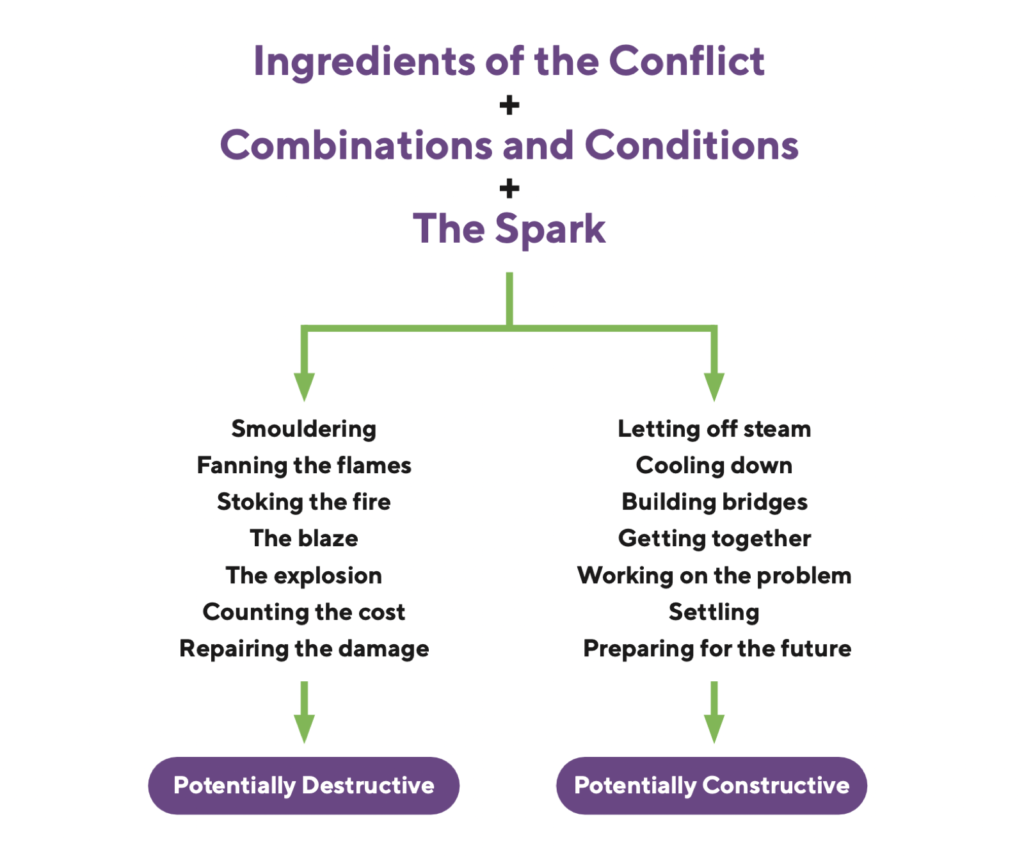
In this same module we then go on to talk about the components of a conflict:
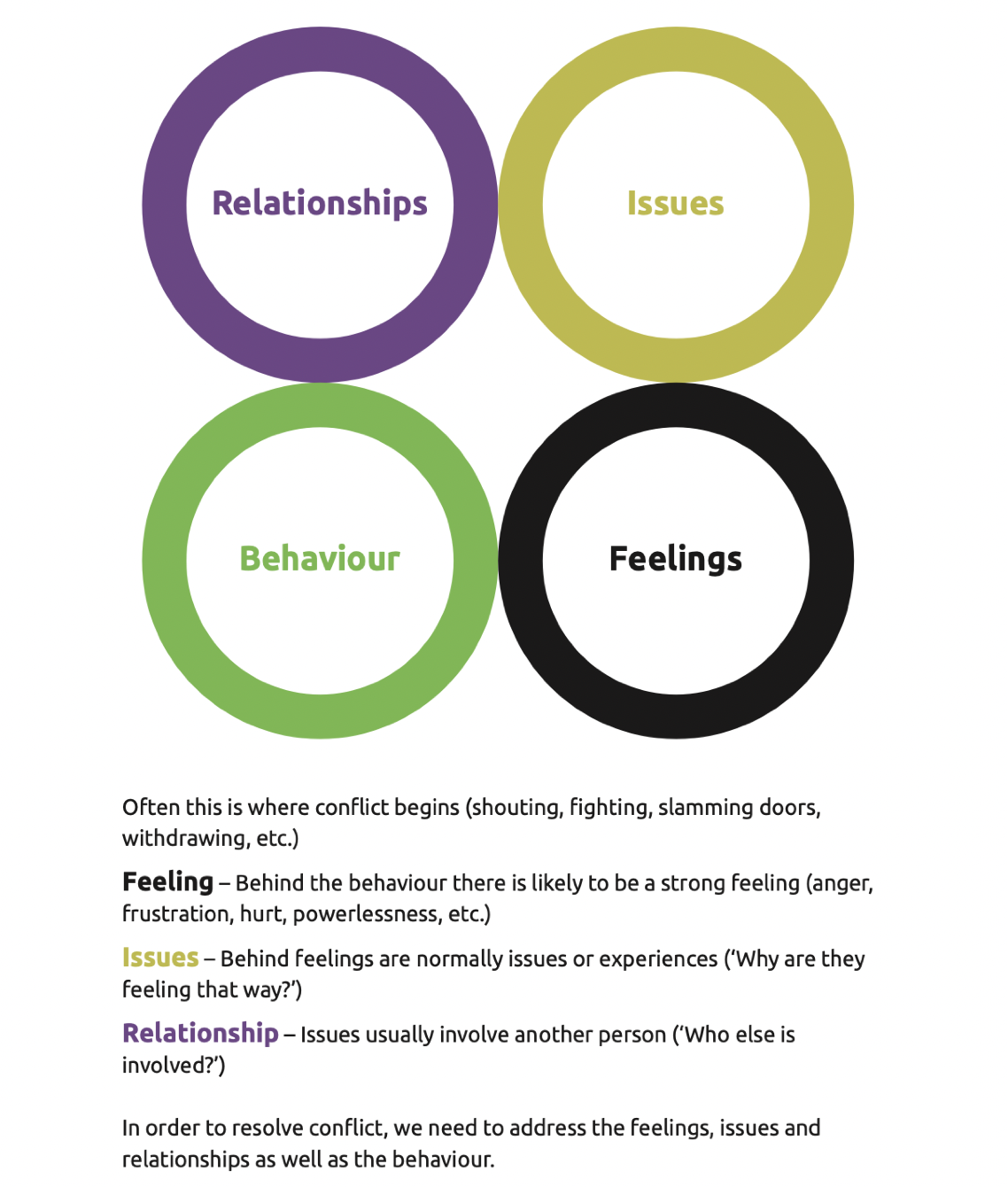
Section Two: An Overview of Mediation and the Mediator
In the second section we start looking at the role of a mediator. Then, we examine the mediation process along with the skills and qualities professional mediators need.
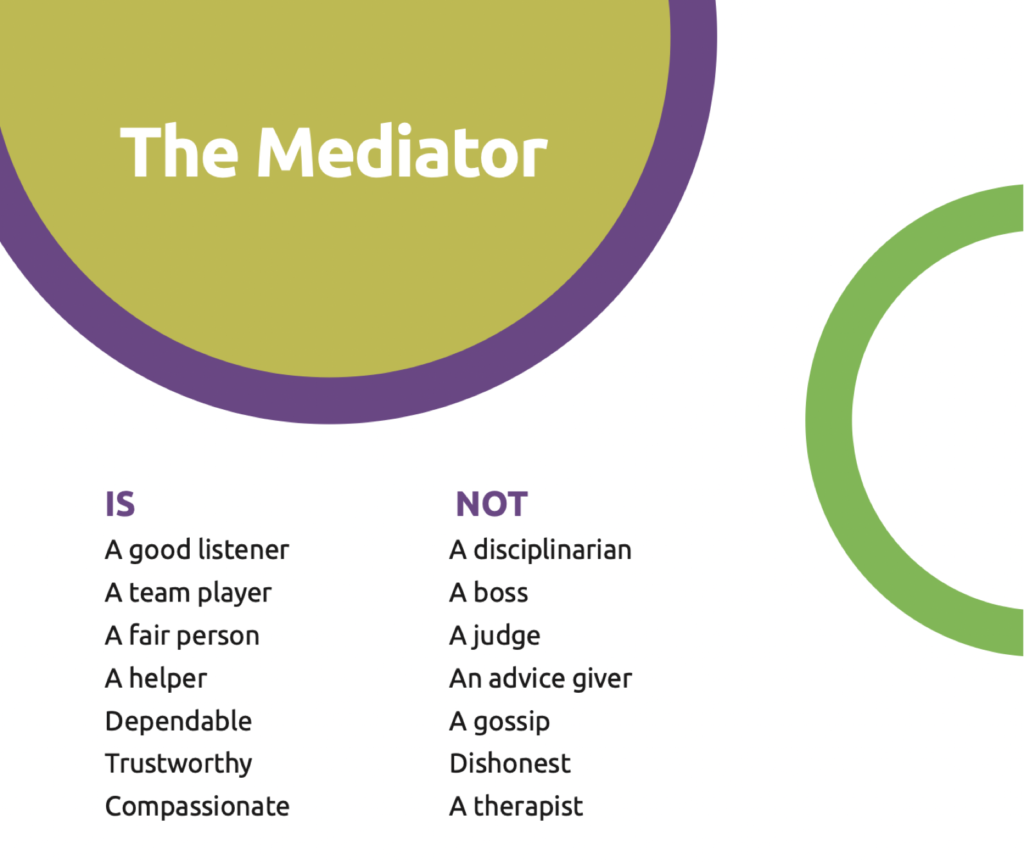
Section Three: Principles of Mediation
In section three we look at models of mediation, issues, positions and interests, and specific theories. Including Maslow’s Hierarchy of Needs.
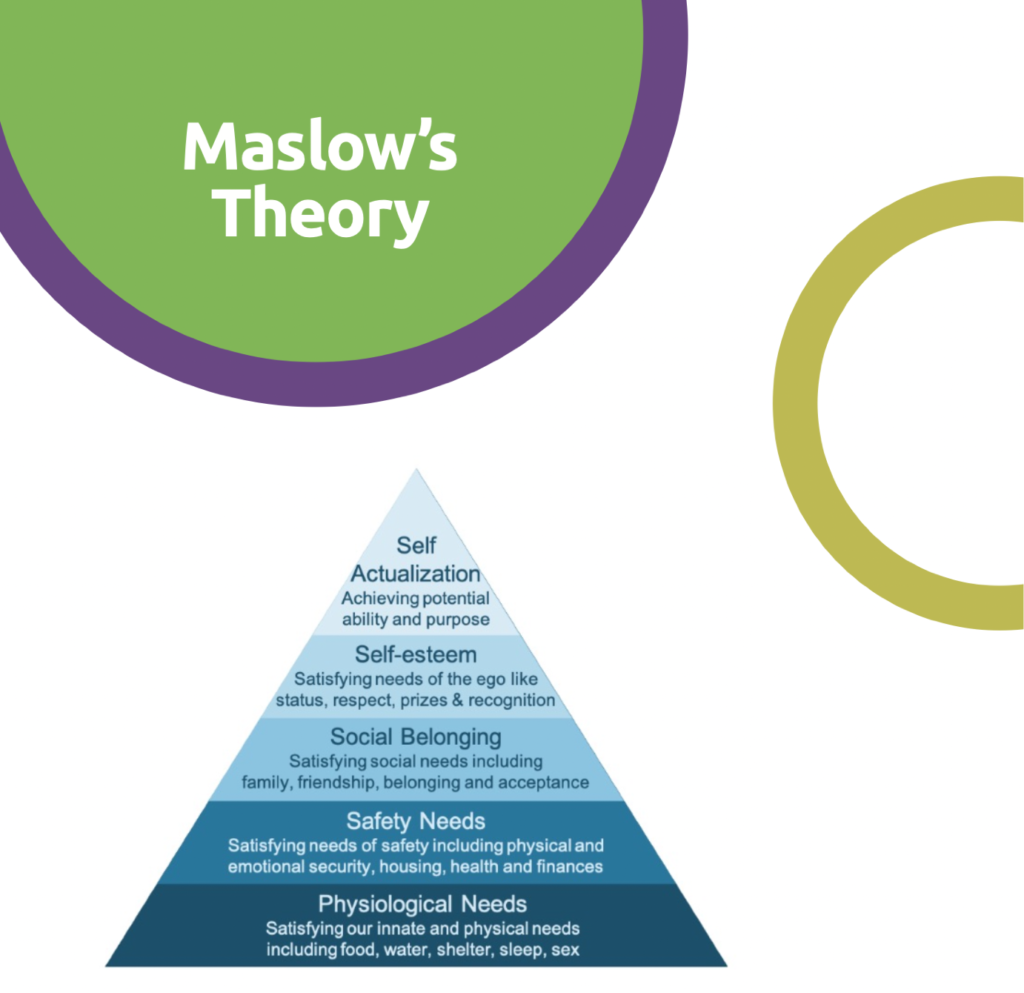
This is an important section of the course as we explore the more psychological components behind conflicts and how, as mediators we need to understand what is driving certain behaviours and what each party really wants to see in a resolution.
Feedback we’ve had about the course
Hopefully, that has given you a deeper insight into this course. Here is some of the feedback we’ve had from previous participants.
“Marie was brilliant, in my eyes she met all learning needs and supported us all individually. Her experience has taught me a lot and I now feel prepared and ready to conduct mediation sessions.”
“Professional. Encouraging. Well set out. Friendly. Thorough!”
“A great session and delivered well by the trainer, who obviously has great experience.”
“The examples and personal narratives gave the sessions a relevance and practical benefit that will translate into real mediation sessions easily.”
Book your place
To enquire, book your place or a session for multiple members of your team, please just call us on 01772 954602 or email training@adrmediation.org.uk.
The cost of the course is £1,395.00 + VAT per person. We then offer group booking discounts, so please ask us about this when you contact us.
